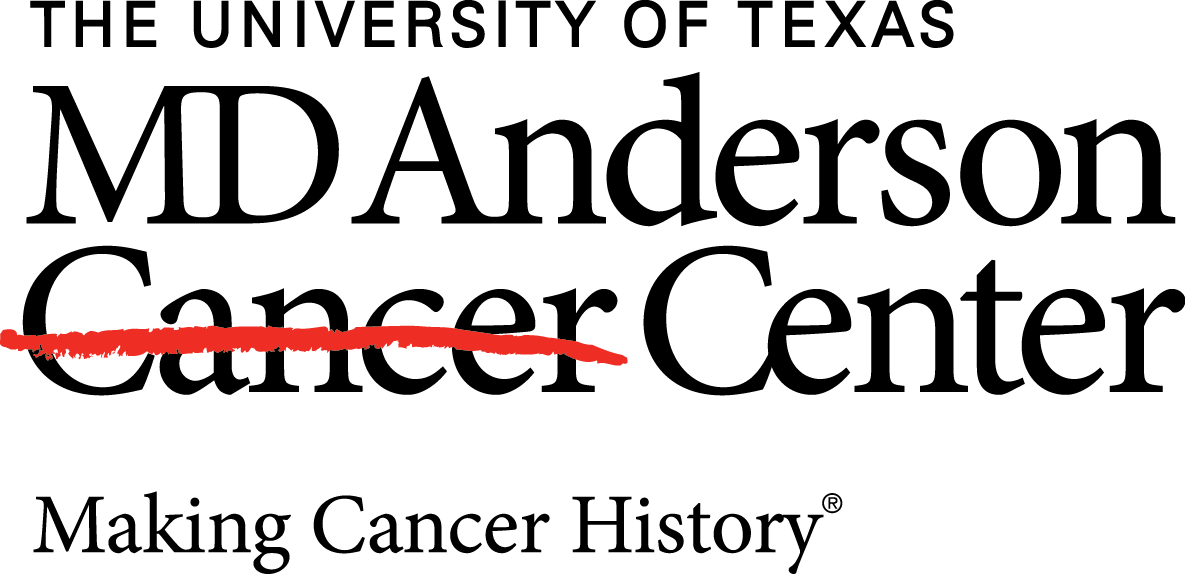
Understanding the Distinction Between HER2-Low and HER2-Ultralow Breast Cancer

Dr. Debu Tripathy discussed the importance of understanding the distinctions between HER2-low and HER2-ultralow breast cancer.
All patients with breast cancer who may be candidates for antibody-drug conjugate therapy should undergo HER2 testing to determine eligibility for Enhertu (fam-trastuzumab deruxtecan-nxki) — an agent that was
In an interview with CURE®, Tripathy discussed the importance of understanding the distinctions between HER2-low and HER2-ultralow, as well as highlighted how patients can discuss testing with their oncologists. Tripathy is currently a professor and chairman of the Department of Breast Medical Oncology, Division of Cancer Medicine, The University of Texas MD Anderson Cancer Center, in Houston, and the editor-in-chief of CURE®.
Transcript:
The first thing is to make sure that their tumor is being tested for HER2 content, everybody's tumor who may be a candidate for antibody-drug conjugate therapy should be tested because it leaves open the possibility of using Enhertu. We know that, in general, the data has shown that patients can get durable responses to this agent, and it is better than the standard-of-care chemotherapy. [However], we don't know how it may stand up against targeted therapies; this is an area that needs further study.
We do use certain targeted therapies, like PI3K targeted therapy in patients that have alterations in that pathway and so on. But when it comes to shifting over to chemotherapy, we do know from the DESTINY-Breast series of trials that this really remains a viable and strong possibility to use this antibody-drug conjugate. That's why it's important that we know that we at least need to do HER2 testing.
Secondly, it's important that the pathologists that are doing the testing are equipped, knowledgeable and able to report to you the level of HER2-positive versus -negative. Within the negative groups, which ones are HER2-low, that would be 1+ and 2+ — the 2+, of course, being FISH negative — those would be the HER2-low that we are more familiar with, but now the HER2-ultralow category is being added. This really does require … that the pathologist is familiar with the ultralow concept, [consisting of] this very faint, partial membrane staining, and is something that they should be able to report out. That is an important distinction, because those patients are also going to be eligible for treatment with the Enhertu [agent].
Transcript has been edited for clarity and conciseness.
For more news on cancer updates, research and education,




